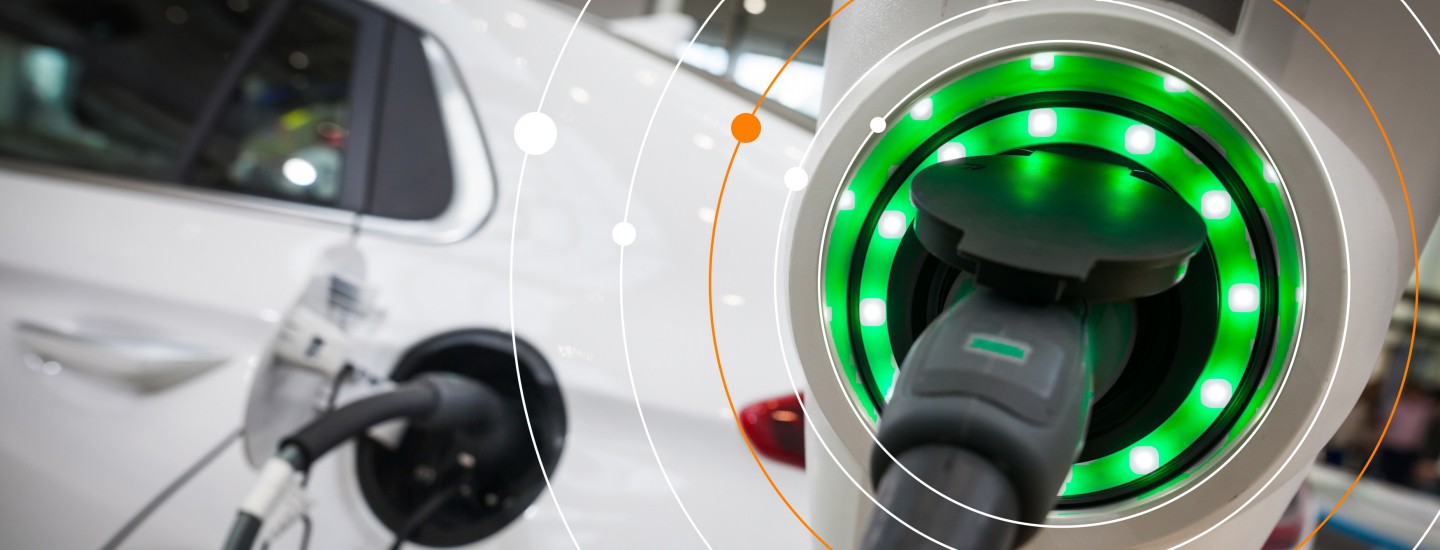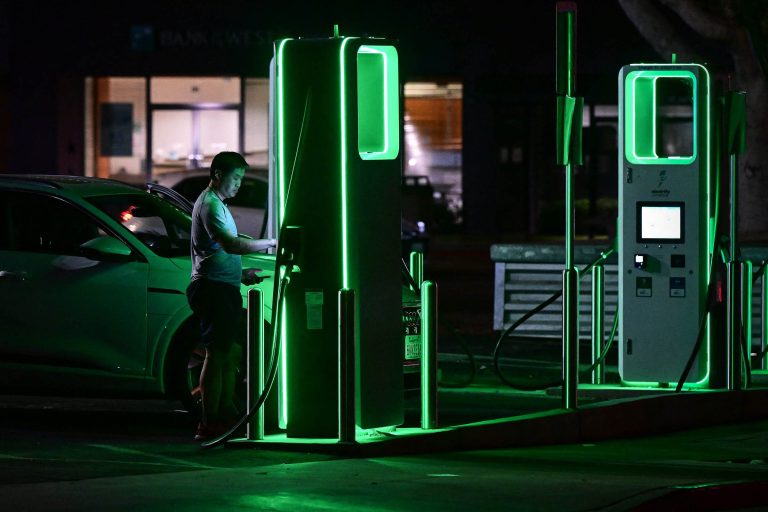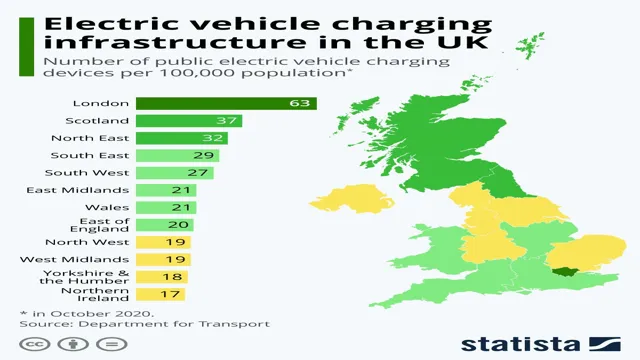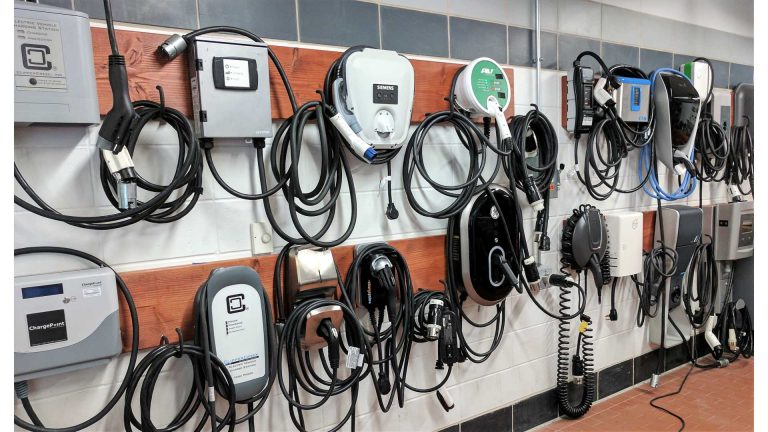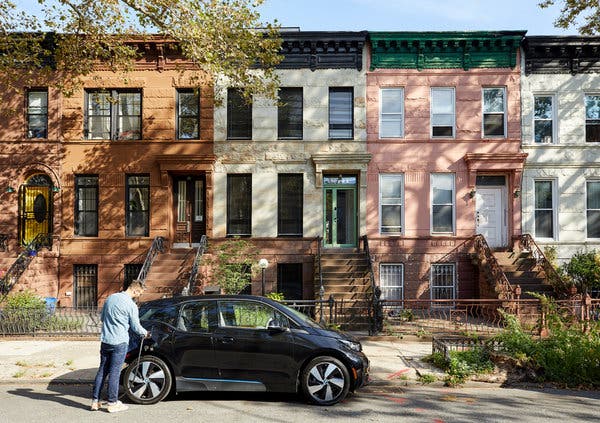Solar Powered Electric Car Charger : The Future of Eco-Friendly Mobility
In recent years, the automotive industry has witnessed a surge in the popularity of electric vehicles (EVs) due to their eco-friendly nature and cost-effective operation. As the world shifts towards sustainable energy solutions, the demand for electric cars continues to rise. With this transition, the need for efficient charging infrastructure has become paramount. One innovative solution that has emerged to meet this demand is the solar-powered electric car charger. In this article, we will explore the benefits and functionality of this cutting-edge technology.
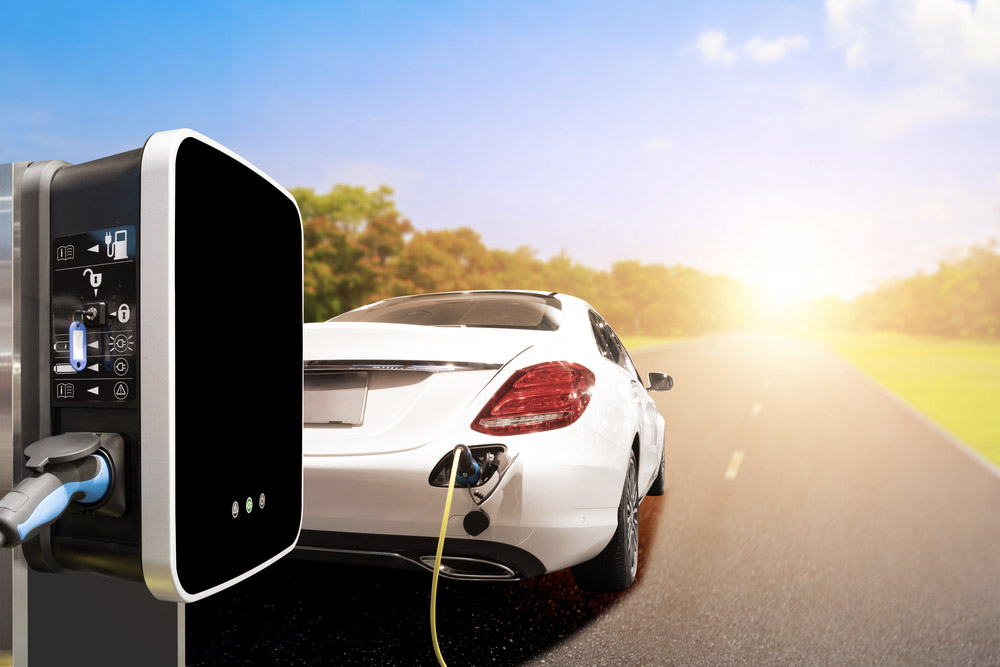
Credit: youmatter.world
The Advantages of Solar Powered Electric Car Chargers
Solar powered electric car chargers harness the power of the sun to generate clean and renewable energy for charging EVs. This approach offers several compelling benefits:
- Sustainability: By utilizing solar energy, these chargers help reduce reliance on fossil fuels and minimize carbon emissions, making them an environmentally-friendly charging solution.
- Cost Savings: With solar power, the ongoing fuel cost for charging an electric vehicle is virtually eliminated, resulting in significant long-term savings for vehicle owners.
- Energy Independence: Solar powered chargers provide an independent energy source, giving EV owners the freedom to charge their vehicles without being tied to the traditional electrical grid.
- Scalability: These chargers can be installed in a variety of locations, including residential homes, commercial properties, and public parking areas, making them highly adaptable to different environments.
How Solar Powered Electric Car Chargers Work
The operation of a solar powered electric car charger involves the integration of solar panels, an inverter, and a charging unit. Here is a basic overview of the process:
| Component | Function |
|---|---|
| Solar Panels | Convert sunlight into direct current (DC) electricity. |
| Inverter | Converts the DC electricity from the solar panels into alternating current (AC) electricity, which is used to charge the vehicle. |
| Charging Unit | Regulates the flow of electricity from the solar panels to the EV’s battery, ensuring safe and efficient charging. |
When the solar panels receive sunlight, they generate electricity, which is then converted and delivered to the EV through the charging unit. This seamless process allows for the sustainable and convenient charging of electric vehicles.
Applications and Implementation
Solar powered electric car chargers can be deployed in various settings to support the widespread adoption of electric vehicles:
- Residential Use: Homeowners can install solar powered chargers in their garages or driveways, providing a convenient and eco-friendly way to charge their electric vehicles.
- Commercial and Public Spaces: Businesses and municipalities can integrate solar powered chargers in parking lots, office complexes, and public areas, promoting sustainable transportation options for employees and the general public.
- Remote Locations: For off-grid locations or regions with limited access to traditional power sources, solar powered chargers offer a practical solution for EV charging.
As the infrastructure for solar powered electric car chargers continues to expand, the accessibility and viability of electric vehicles will be enhanced, further accelerating the transition towards sustainable transportation.
Conclusion
The integration of solar power and electric vehicle charging represents a significant advancement in sustainable transportation and renewable energy utilization. Solar powered electric car chargers offer a compelling solution for clean, cost-effective, and independent EV charging, catering to the evolving needs of modern drivers and environmental advocates. As technology continues to evolve, the widespread adoption of solar powered electric car chargers is poised to play a pivotal role in shaping a greener and more sustainable future for the automotive industry.
